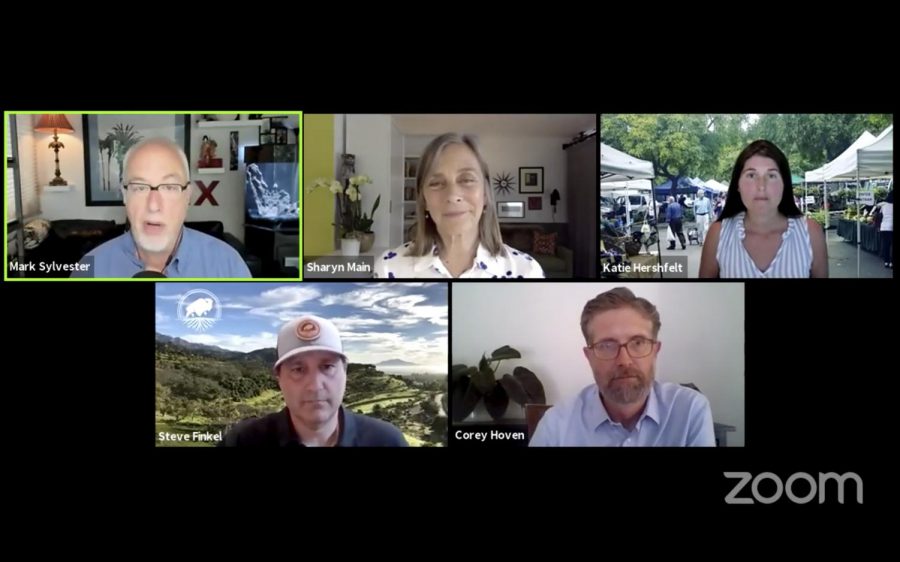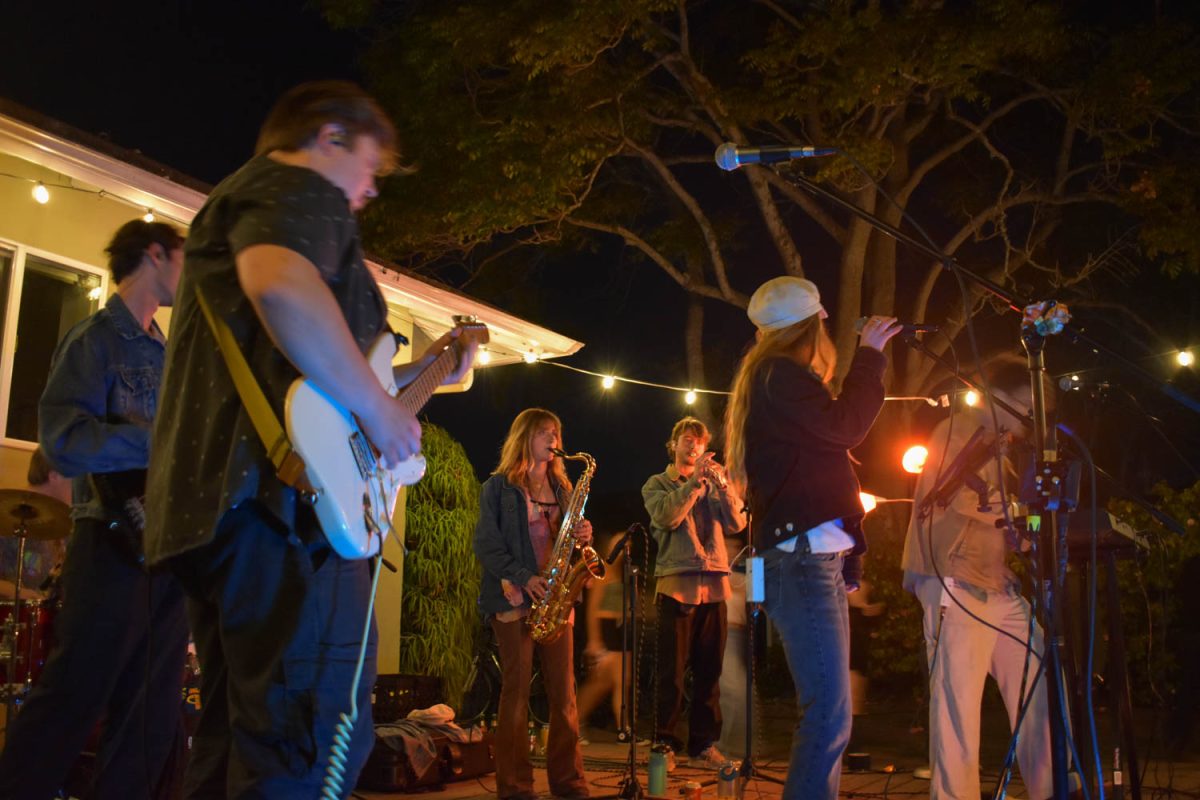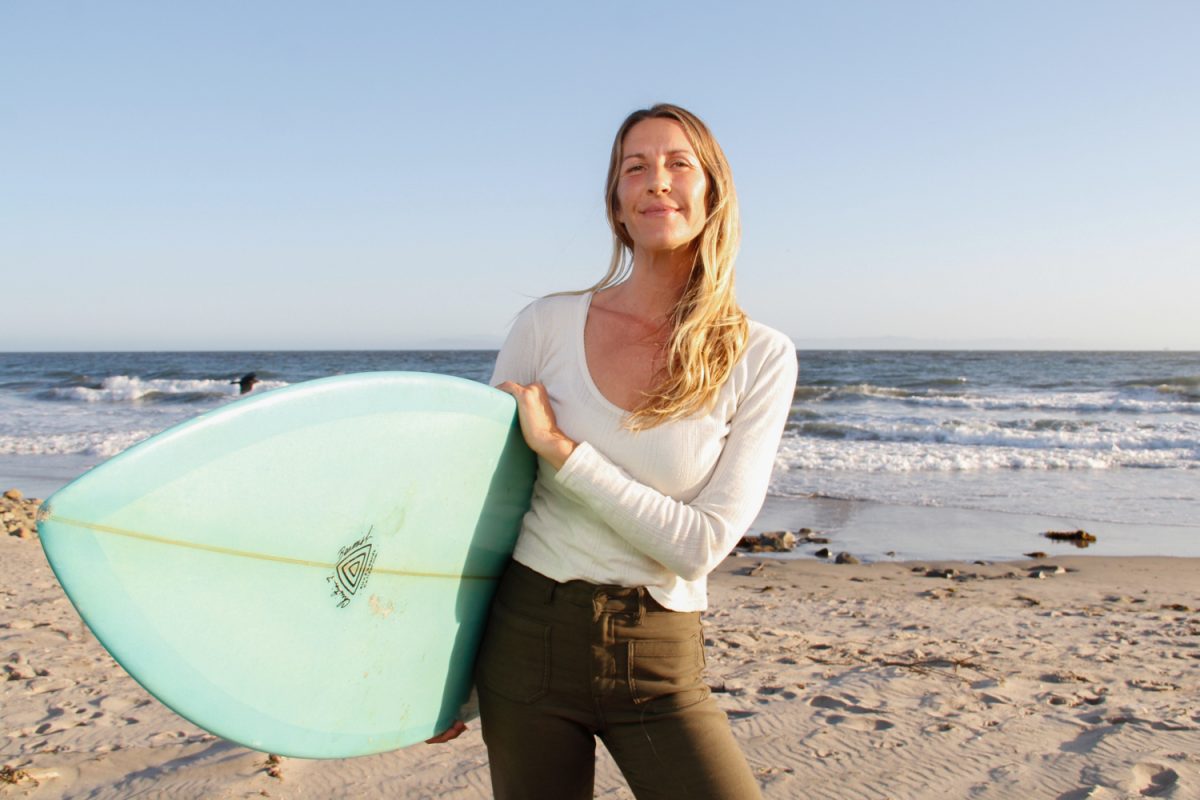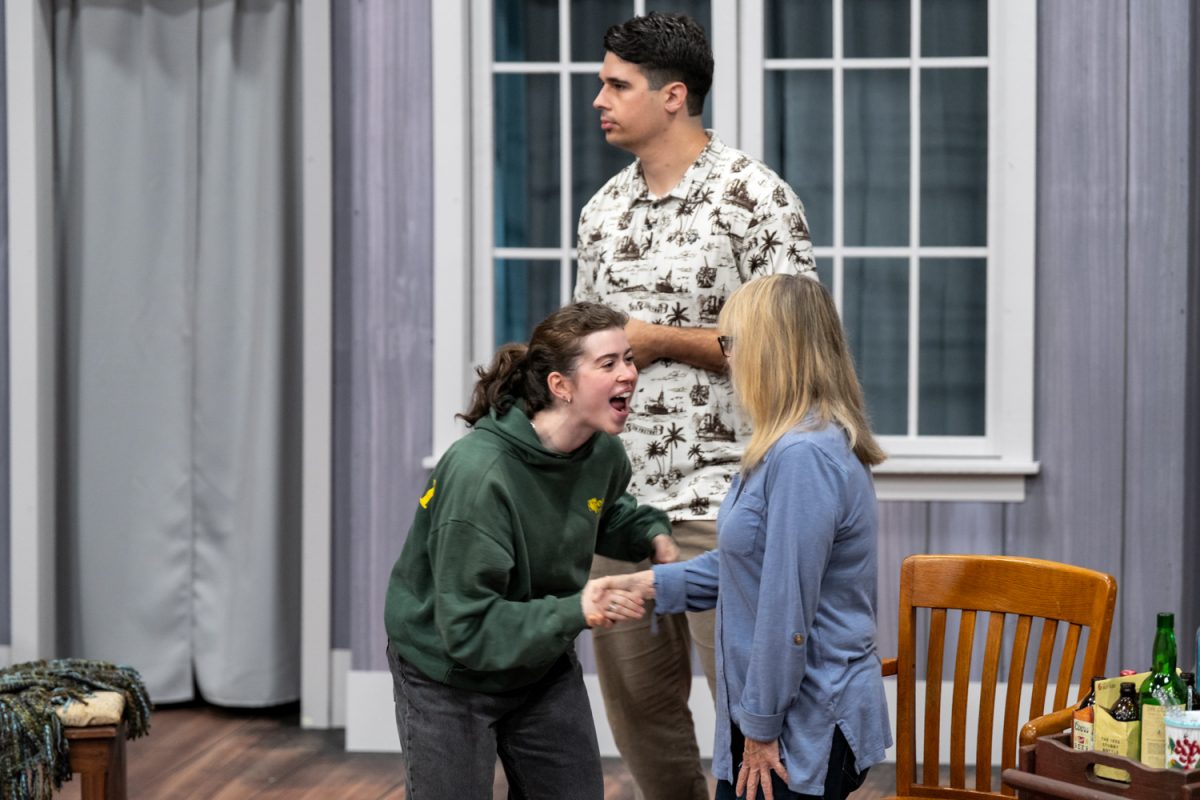The annual TEDxSanta Barbara conference was forced online this year due to the pandemic, and Executive Producer Mark Sylvester was able to cull together experts in sustainability for a virtual event on Saturday, Oct. 10.
Their work contributes to Santa Barbara county’s efforts to redefine life and society around sustainability, with a focus on climate change and food security.
“Individuals can make a big difference out in the world,” White Buffalo Land Trust President Steve Finkel said.
White Buffalo focuses on regenerative agriculture, which is a method of sustainable farming that reduces carbon emissions and promotes a healthy water cycle. Modern farming practices threaten to degrade nutrient-rich soils and destroy ecosystems by planting with a focus for quantity and speed, not quality.
“There is an entrenched status-quo of a food system,” Finkel said.
In its mission statement, the trust argues that we have a responsibility to the planet to better our relationship with all living things.
Sylvester held conversations with Finkel, as well as other experts in the field including Cultivate Foods Director Katie Hershfelt, Next Energy Technologies Founder Corey Hoven and Climate Resilience Program Director Sharyn Main.
The locally organized TED event is part of the global launch of “Countdown,” a live Youtube stream featuring over 50 speakers promoting new solutions to climate change.
“This is our mission, to protect our children’s future,” said Swedish Professor Johan Rockström.
Other speakers like former Vice President Al Gore, Pope Francis and Rockström made a collective call-to-action, highlighting the urgency of climate change’s threat, describing what the solutions would look like and who will lead the way.
Breakthroughs come from leaders in everyday communities, not only from activists leading worldwide movements.
“Climate resilience is about community resilience,” Main said.
We are never going to fix climate change, she said, unless we do it as a community that is respectful to the Earth and its resources.
Main’s work with the Community Environmental Council involves coming up with innovative solutions to some of the toughest environmental problems. The council is often referred to as a “think-and-do tank” that can envision and implement plans that bridge the gap between nonprofits and governments.
“The nonprofit sector is quite an asset to local governance,” Main said.
Addressing the problems and solutions is just the beginning—new technology is also needed in order to bring these visions to life.
Hoven has been working for the past eight years on developing see-through solar panels that could replace windows in the future. His work with Next Energy Technologies aims to utilize the 40% of energy that is consumed by buildings, he said.
In addition to alternative energy, some organizations are strengthening the relationships between consumers and the local farmers and food suppliers.
At Cultivate Foods, Hershfelt plans local food festivals that aim to educate and engage people on better food options. Its philosophy is that if people know more about their food and the people who grow it, they make food choices that positively affect their health and the local food system.
“Let’s make sure we’re not customers of a system that’s destructive and depletive,” Finkel said.










![Milton Alejandro Lopez Plascencia holds a flag showcasing the United States and Mexico on Feb. 7 in Santa Barbara, Calif. “It’s heartbreaking to see what is happening all across the country,” Lopez Plascencia said. “I [want] my voice to be heard by the community.”](https://www.thechannels.org/wp-content/uploads/2025/05/MGSImmigration-1-1200x800.jpg)




